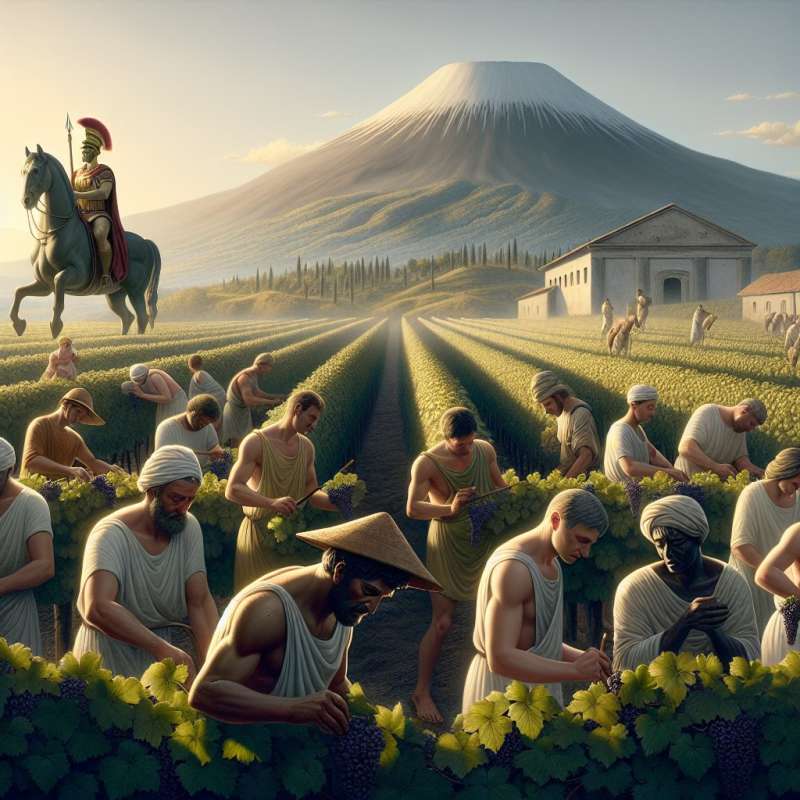
Rome's Founding Myth
Rome's legendary founding involves twins Romulus and Remus, sons of Mars and a vestal virgin. Raised by a she-wolf, Romulus later kills Remus, establishing Rome in 753 BCE, a story blending myth and reality to reflect Rome's martial spirit.
Societal Classes and Conflict
Roman society was divided into patricians and plebeians. The patricians were aristocratic landowners, while plebeians were the commoners. Their struggle for political equality (Conflict of the Orders) reshaped Rome's governance, leading to the creation of new laws and political offices.
Roman Law and Citizenship
Roman law, codified in the Twelve Tables, became a cornerstone of Western legal systems. Law was applied to citizens, with citizenship gradually extended to conquered peoples, uniting the empire under Roman ideals and facilitating integration and control.
Military Innovations and Strategy
Rome's military might lay in its legions, structured for flexibility and efficiency. Innovations like the corvus boarding device against Carthage and extensive road networks for rapid troop movements were pivotal in Rome's expansion and dominance.
Engineering and Architectural Marvels
Roman engineering prowess is evident in aqueducts, roads, and monumental structures like the Colosseum. Their concrete, made from volcanic ash, seawater, and lime, was so durable that many structures still stand today, showcasing their architectural ingenuity.
Cultural and Religious Syncretism
The Romans were adept at adopting and adapting gods and rituals from other cultures, a practice known as syncretism. This inclusive approach allowed them to integrate conquered peoples while also enriching Roman religion and culture.
Economic Basis: Slavery
Slavery was integral to Roman economy, pervasive across agriculture, households, and mines. The massive slave population was a result of conquests and served as both an economic backbone and a source of social tension leading to numerous revolts.
Who killed Remus to found Rome?
Mars, the god of war
Romulus, his twin brother
A vestal virgin mother
Company